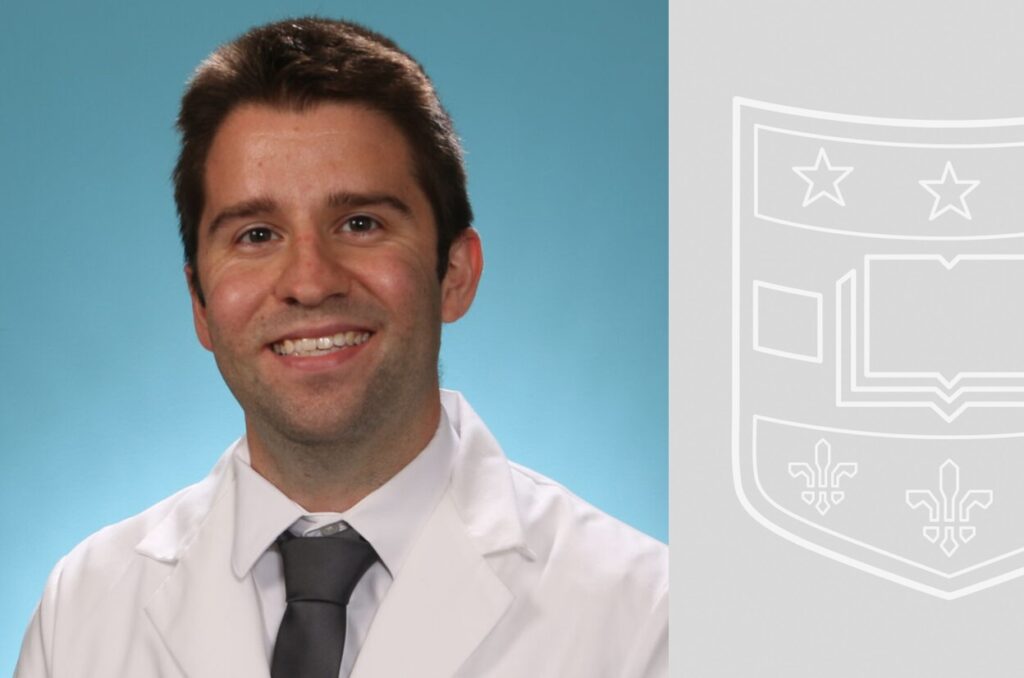Dr. Brian Laidlaw joined the Department of Medicine in the Division of Allergy and Immunology in July, 2020.
Dr. Laidlaw’s research interests lie in investigating memory B cell (MBC) development and function in settings of disease. MBCs are critical for the development of protective immunity following infection or immunization. Repeated pathogen encounters can give rise to broadly reactive MBC clones. However, broadly reactive MBCs rarely arise naturally due to a bottleneck in the number of MBC clones that participate in recall responses. Understanding the signals that regulate MBC development and function are essential to overcome this bottleneck and fully harness the protective potential of MBCs. Dr. Laidlaw has characterized a population of B cells in the process of differentiating into MBCs and identified transcription factors critical for MBC fate commitment using the mouse model system. He aims to examine how transcription factors regulate germinal center B cell commitment to the memory fate and investigate the extracellular cues controlling their expression following viral infection. Dr. Laidlaw will also explore the signaling networks regulating the differentiation of tissue resident MBCs following mucosal infection. Deeper understanding of the mechanisms governing MBC differentiation and function at different sites is essential in the development of new strategies to harness these cells to elicit protective immunity. It will also inform efforts to develop therapeutics targeting diseases such as allergy and autoimmunity in which MBCs can contribute to disease pathogenesis.
Clinical samples will be used to inform Dr. Laidlaw’s approach and focus on pathways that are shared between mice and humans. Clinical samples will also facilitate investigation of differences between MBCs that develop in different diseases settings (i.e./ allergy versus influenza). Dr. Laidlaw’ s teaching interests are basic and advanced courses focusing on immunology which are taken primarily by graduate or medical students. In particular, he is in interested in lectures focused on immunological memory and the adaptive immune response.
